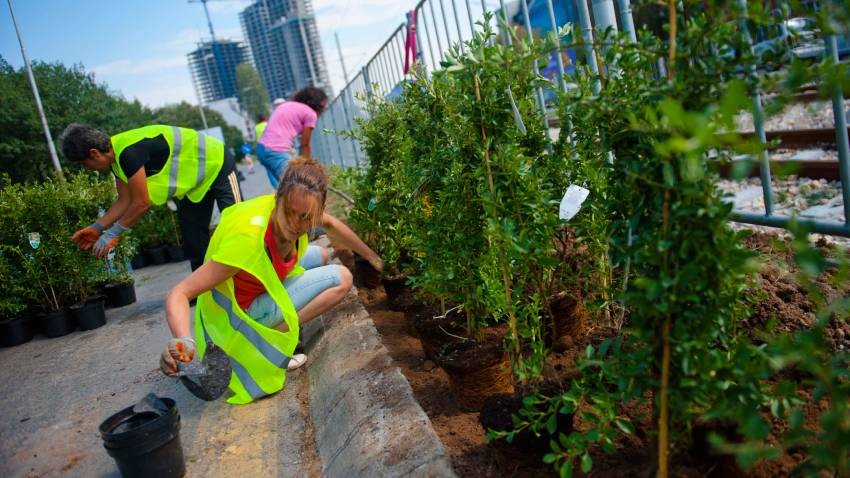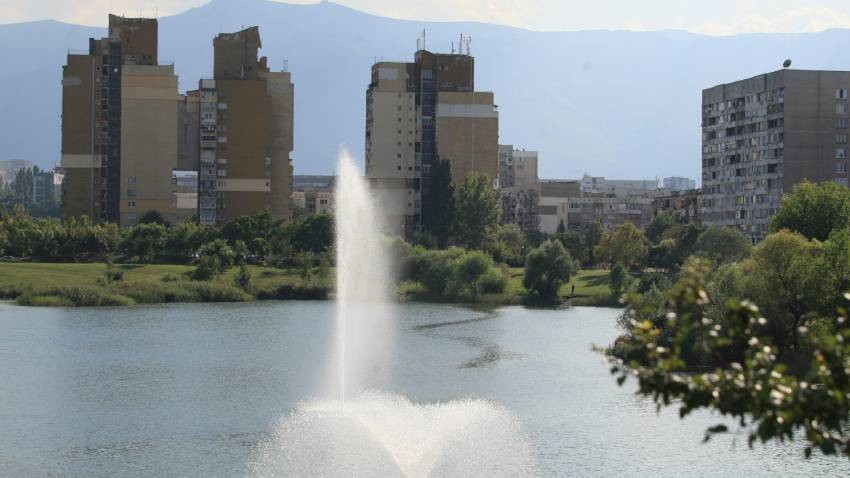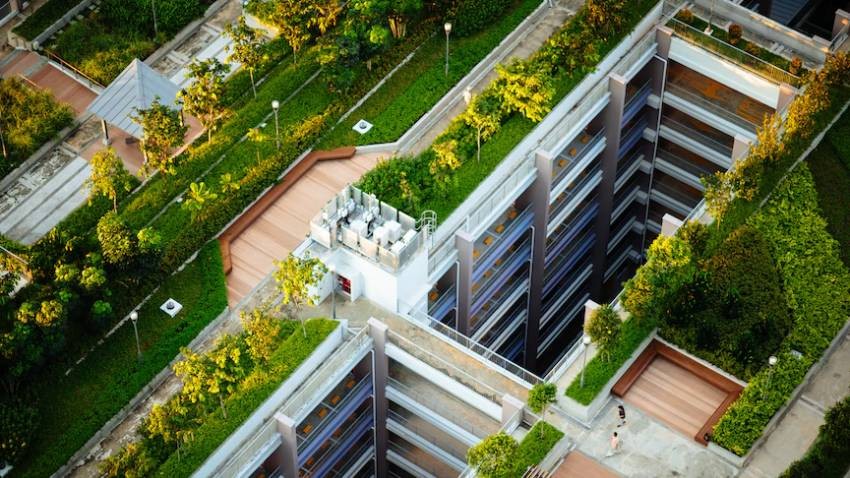
On May 28 we celebrate the Day of Parks in Bulgaria. May 28 was declared the Day of Parks in Bulgaria by decision of the Ministry of Environment and Water of 1999. There are three national parks and eleven nature parks in Bulgaria. The three national parks (National Park Rila, National Park Pirin and the Central Balkan National Park) preserve rare natural ecosystems and cover 1.35% of the country’s territory. The nature parks Belasitsa, Balgarka, Vitosha, Vratsa Balkan, Golden Zands, Persina, the Blue Stones, Strandzha, Rila Monastery, Rusenski Lom and the Shumen Plateau cover 2,31% of the territory of the country. There are only 400 landscape architects in Bulgaria. They devote their lives to the preservation of the nature parks.

"Our job is extremely pleasant, because unlike architects, we work with living volumes that fluctuate every season and over the years, landscape architect Alexander Nedev said in an interview for Radio Bulgaria. I planted my first trees more than 15 years ago. I love being a landscape architect, because the things I design today are yet to become more interesting."
Alexander Nedev has more about the state of landscaping in Sofia and the problems stemming from poor maintenance:

"Sofia is developing in a very specific way. There are actually no vacant plots of lands in the central part of the city that can be utilized and become green areas. However, the large green areas are very important for me, because they create the strong feeling that there is greenery in the urban areas", explains the landscape architect.
According to Alexandеr Nedev, street landscaping also makes ecological sense. In his words, although trees are the best absorbers of particulate matter and carbon dioxide (CO2), they need a long time to grow and fully develop. That is why landscape architects pin high hopes on shrubs:

"Bushes absorb a lot of dust and carbon dioxide. We also need to bear in mind the fact that a shrub needs 3 to 5 years to fully develop, whereas a tree needs more time to grow. Currently, we have a real problem with noise and air pollution. Therefore, we need to seek opportunities to plant shrubbery around the residential districts. In many cases, however, shrub maintenance in the urban areas leads to its destruction."
According to Alexander Nedev, an unmowed grassland absorbs much more dust than a mowed lawn and can be very beneficial to air quality and reduce noise pollution. Greening the roofs of residential buildings is also a good practice. Although this practice is common in many cities in Europe and elsewhere, it is not widely-spread in Bulgaria:

“Roofs need to be waterproof. They create a height projection of the greenery that existed before the construction of the building. Thus, in practice, no green area is lost. These gardens can be equipped with resting areas comprising benches, ponds, etc. It is still difficult to apply this in practice in Bulgaria, because of the regulations and, to some extent, because of the cost. Currently, this is only allowed in the very centre of the city."
English version: Kostadin AtanasovThe Bulgarian minority in Romania marked a significant event with the official opening of the Bulgarian Inn in the village of Izvoarele (Hanul Bilgarilor), Teleorman County (Southern Romania)- a locality with Bulgarian roots dating back over 200 years...
The 14th edition of DiVino.Taste, Bulgaria’s leading forum for wines and winemakers, will take place from 28 to 30 November at the Inter Expo Centre in Sofia. Over 80 producers from all wine regions will participate, offering tastings of around 600 of the..
Minutes before the second and final reading, at the parliamentary budget and finance committee, of the state budget for 2026, the leader of the biggest party represented in parliament GERB Boyko Borissov halted the procedure and sent the draft bill..

+359 2 9336 661
